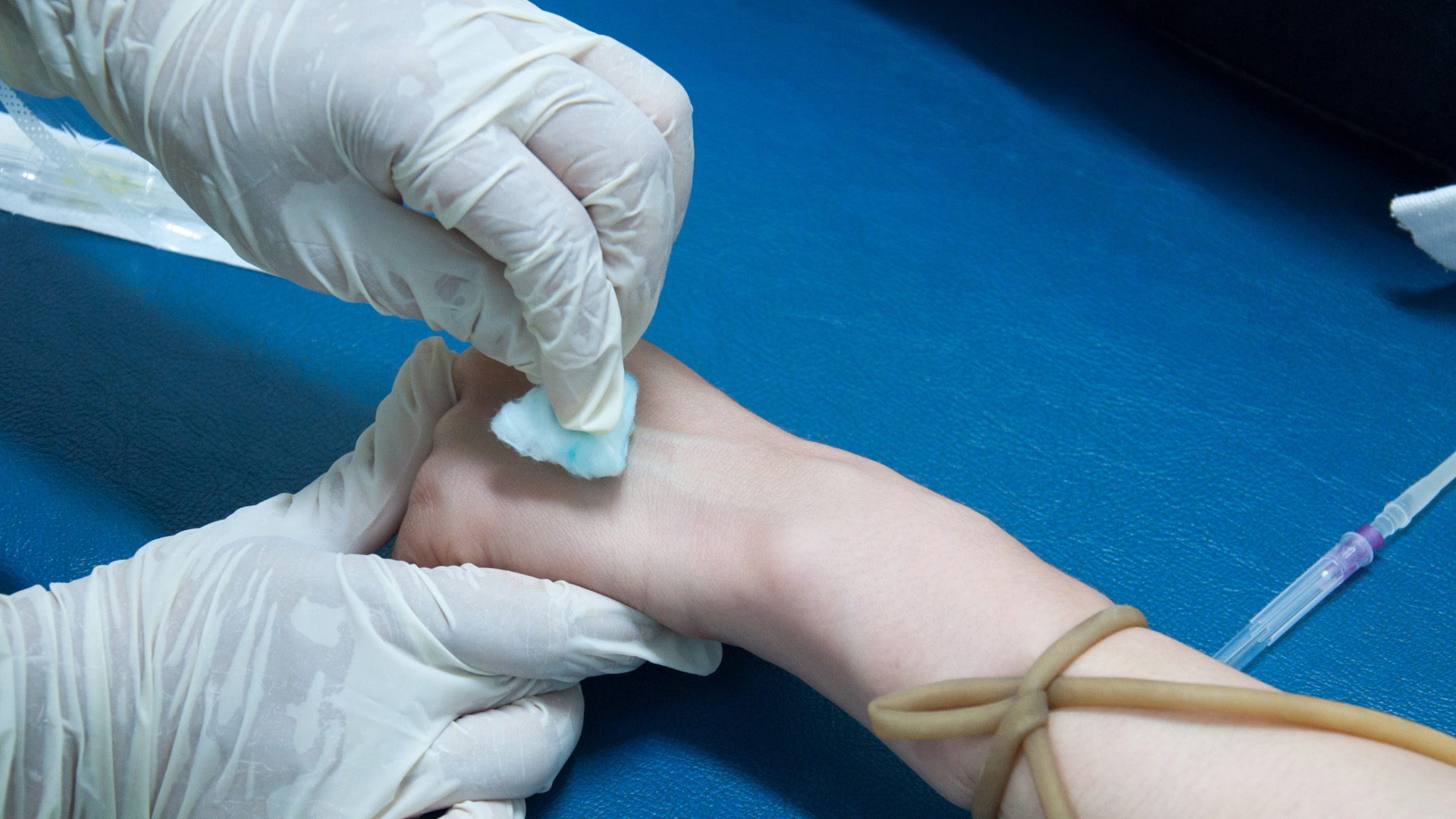Preventing central line–associated bloodstream infections (CLABSIs) with the aseptic technique

A central line bloodstream infection (CLABSI) happens when bacteria or other germs enter the patient’s bloodstream through their central. According to the Centers for Disease Control and Prevention, 41,000 blood stream infections are estimated to occur each year in hospitals across the United States.
Yet most these infections can be prevented. Nurses and other healthcare workers can make significantly reduce these numbers by following the correct insertion, cleaning, and care practices for central line insertion.
Scientific evidence points to the Aseptic Technique as the optimal strategy for preventing CLABSIs. The method is designed to avoid contamination with microorganisms and it is recommended by official evidence-based government guidelines.
The Aseptic Technique stands for all instances of insertion and care of central venous catheters. When preparing to insert CVCs, nurses should be very attentive to guarantee maximum precautions. A sterile barrier includes skin preparation, catheter selection, and the use of catheter kits or carts.
Preventing the transfer of microorganisms from healthcare personnel and the environment to the patient starts with protective equipments. During a procedure, nurses should be wearing sterile apparatus such as gloves, gowns, drapes, and masks.
Procedures for patient and equipment preparation include:
– Antiseptic skin preparation for the patient
– Making sure instruments are sterilized
– Making sure devices are sterilized
Before starting the procedure, nurses should also check for environmental controls:
– Keeping doors closed during operative procedures
– Minimizing traffic into and out of operating rooms
– Excluding unnecessary personnel during procedures
Breaches of the Aseptic Technique often occur with inexperienced healthcare professionals. That’s skill and training are such key components for the prevention of CLABSIs. A nurse that is highly skilled in CVC insertion can definitely provide more safety for patients and colleagues.
IV Mastery provides high-quality and affordable IV education for nursing professionals.
Let us show you how we help support nurses through IV Education.
